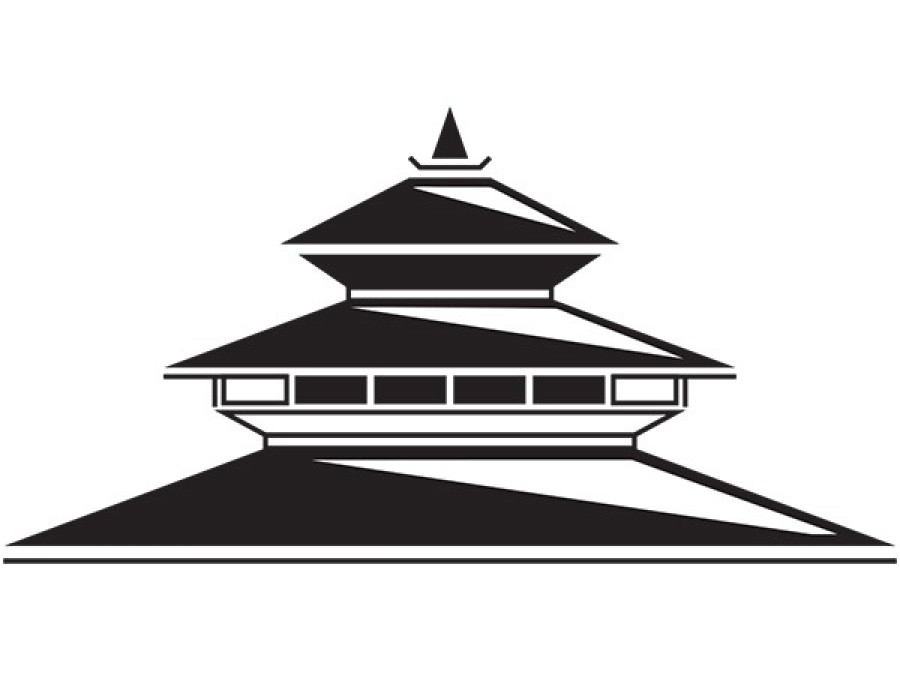Editorial
Watching the watchmen
Nepal Army must come clean on allegations concerning the peacekeeping mission in South Sudan
The United Nations (UN) has well in excess of 90,000 peacekeepers deployed at any given time. Often the number is higher. And since 1958, Nepal has contributed 119,000 peacekeepers to 42 peacekeeping missions in various hotspots the world over. Currently, 4665 Nepali peacekeepers are serving in 14 different missions around the world.
The quality of service provided by the Nepali troops have been lauded by the UN. For example, the Nepali Police Unit serving in South Sudan were awarded a UN Medal for service in 2017. The devotion to duty shown by Nepali troops on peacekeeping missions has thus been widely acclaimed. And for this, Nepal has been richly rewarded in a number of ways. Nepal’s contribution of troops have led to good international citizenship and have provided a way to raise our international profile. What’s more, in an economy such as Nepal’s, that is characterised by poverty and stagnation, the pay that a Nepali soldier receives on a UN peacekeeping mission is a welcome addition to remittance. Those on such mission receives four to five times higher pay than the standard salary in Nepal.
But recent events threaten to derail all the good will that the Nepali Blue Helmets have earned in South Sudan. On April 13, the UN Peacekeeping Mission in South Sudan (UNMISS) received an allegation that a teenage girl who was trying to enter a UN base was touched inappropriately by a member of the Nepali contingent in exchange for money.
The Blue Helmets were charged with a singular mission to protect vulnerable civilians in conflict zones. If these allegations are true and thorough investigation finds that the Nepali Blue Helmets are indeed perpetrators of such sexual exploitation, their deeds will have not only point to a lack of morality, they will also show them to be misusing those very citizens they were charged to safeguard.
According to the UN’s policies, it is up to the home country of the soldier or police personnel to conduct investigations and determine the punishment if allegations of sexual abuse or exploitation are proven. As such, the UN has asked Nepal to conduct an extensive probe into the case, and if applicable, pursue criminal prosecution under the law of our country. In response, the Nepal Army has formed a board of inquiry comprised of officials in South Sudan to investigate the case. Every effort must be made to shed light on the situation. The onus now lies on the Nepal Army to conduct thorough investigations and bring perpetrators to book if the situation so warrants. Such charges could indelibly stain Nepal’s reputation internationally, and so we must make every effort to follow procedural investigations to get to the heart of the matter.
Indeed, such incidents of sexual exploitation are not reflective of the conduct of the majority of the dedicated UN peacekeepers around the world. But such allegations thoroughly undermine their contributions. For this reason, all efforts must be directed towards addressing this problem.




 9.7°C Kathmandu
9.7°C Kathmandu














